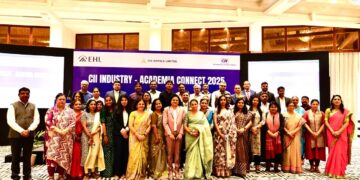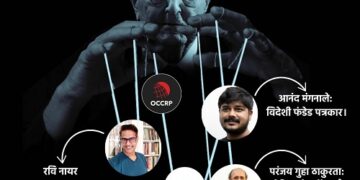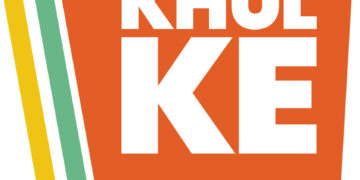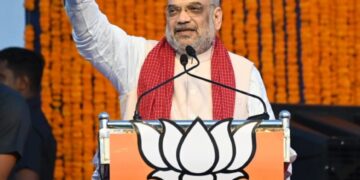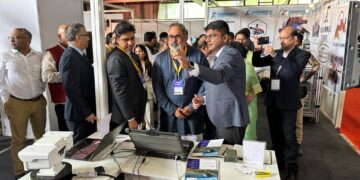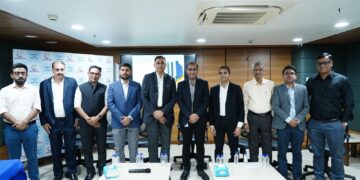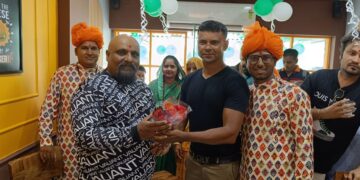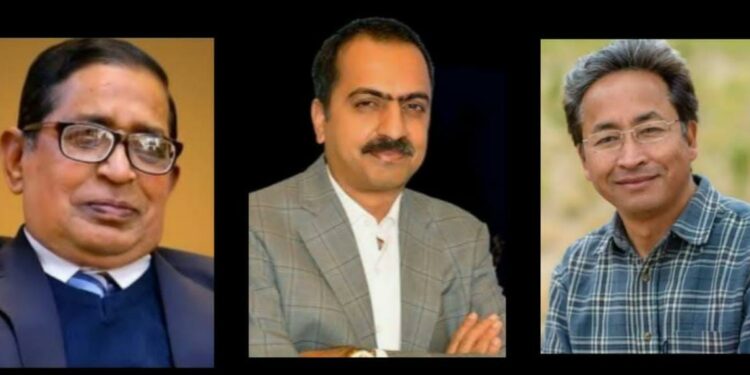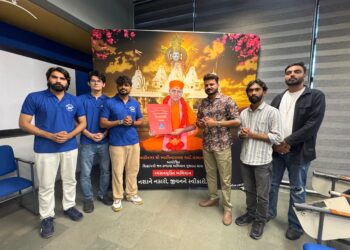The pandemic may have upended the education system but it has also opened up new possibilities to redefine what it means to learn and to teach. With a plethora of online, offline, hybrid, and alternative educational institutions in India, selecting the best among the lot is not easy. Parents do extensive research to make sure that their child receives an education that enhances their all-around development and makes them future-ready. They look for not just what an institution offers but its history, how much goodwill it enjoys, who the founders are, and what is their take on education. Here are three exemplary visionaries who have truly impacted education in India with their commitment, passion, and innovation.
N C Jain – Heritage School, Kolkata
Heritage School, Kolkata was founded by N C Jain, the present Chairman of the institution, and seeks to expand the scope of education beyond the academic curriculum. It aims at the holistic development of students with a curriculum that is rooted in tradition but also is future-forward. Here, the children are taught not just to excel in exams, but in real life as well – to face the challenges thrown at them, to be great problem solvers, and to think creatively and independently. Sessions are undertaken to impart life skills and address adolescent development issues. There is no discrimination and teachers are well-equipped to accommodate children with cerebral palsy, autism, learning disabilities, visual or hearing impairment, etc. Special educators, speech and language therapists, and counselors identify children who need extra care and special intervention. Goal-setting workshops are also conducted in the school. This is exactly what N C Jain, a prominent figure in the educational field for more than 20 years, had envisioned to offer to students who come from all over the country to study at the Heritage School. Jain also works extensively to make education accessible to underprivileged children.
Sonam Wangchuk – SECMOL
The man who inspired Aamir Khan’s character in ‘3 Idiots’ is truly a trailblazer in real life. Education reformist Sonam Wangchuk founded The Students’ Educational and Cultural Movement of Ladakh (SECMOL) in 1988 and it truly stands apart. It offers residential facilities and life-skill practical training and aims to provide all-round development for the youth so that even before they enter college, they are well-equipped to handle any challenge. The institution also caters to underserved students from Leh, Paddar, Zanskar, and Kargil. Students are even taught often overlooked life skills like housekeeping, washing carpets, preparing the sports ground, making pickles, preparing and storing food, running shops, and growing fruits and vegetables. They also get involved in putting up and maintaining solar installations. SECMOL’s unusual infrastructure includes a solar-heated hostel, a biogas digester, a rocket stove, commercial solar water heaters and compost toilets. SECMOL even won the International Terra Award for the best building instituted at the 12th World Congress on Earthen Architecture in Lyon, France. Wangchuk was also included in the Jammu and Kashmir State Board of School Education and the Expert Panel for framing the J&K State Education Policy and Vision Document.
Rajesh Bhatia -TreeHouse Education
Entrepreneur and education pioneer Rajesh Bhatia founded TreeHouse, the path-breaking online and offline chain of schools in 2003. Bhatia believes it is time to change the rote-driven education system so that children are prepared to deal with a fast-evolving world. This is why he has introduced a hybrid system of education and also vocational training in subjects like banking, hospitality, aviation, and much more for senior classes. His special focus is also on preschool education as he believes that the child’s first step in the world of learning should be as joyful and rewarding as possible. TreeHouse preschools blend the learning process with fun-filled activities like socio-dramatic plays, field trips, creative crafts, and festival celebrations. The school also polishes the child’s cognitive and sensory-motor skills and trains its teachers to deal with young children with sensitivity and empathy. The curriculum, which is a mix of Play Way and Montessori methods provides a conducive environment for the students to bloom in. Life skills are also given due importance along with the academic curriculum and Bhatia hopes to make quality education affordable and accessible for every child in India.

